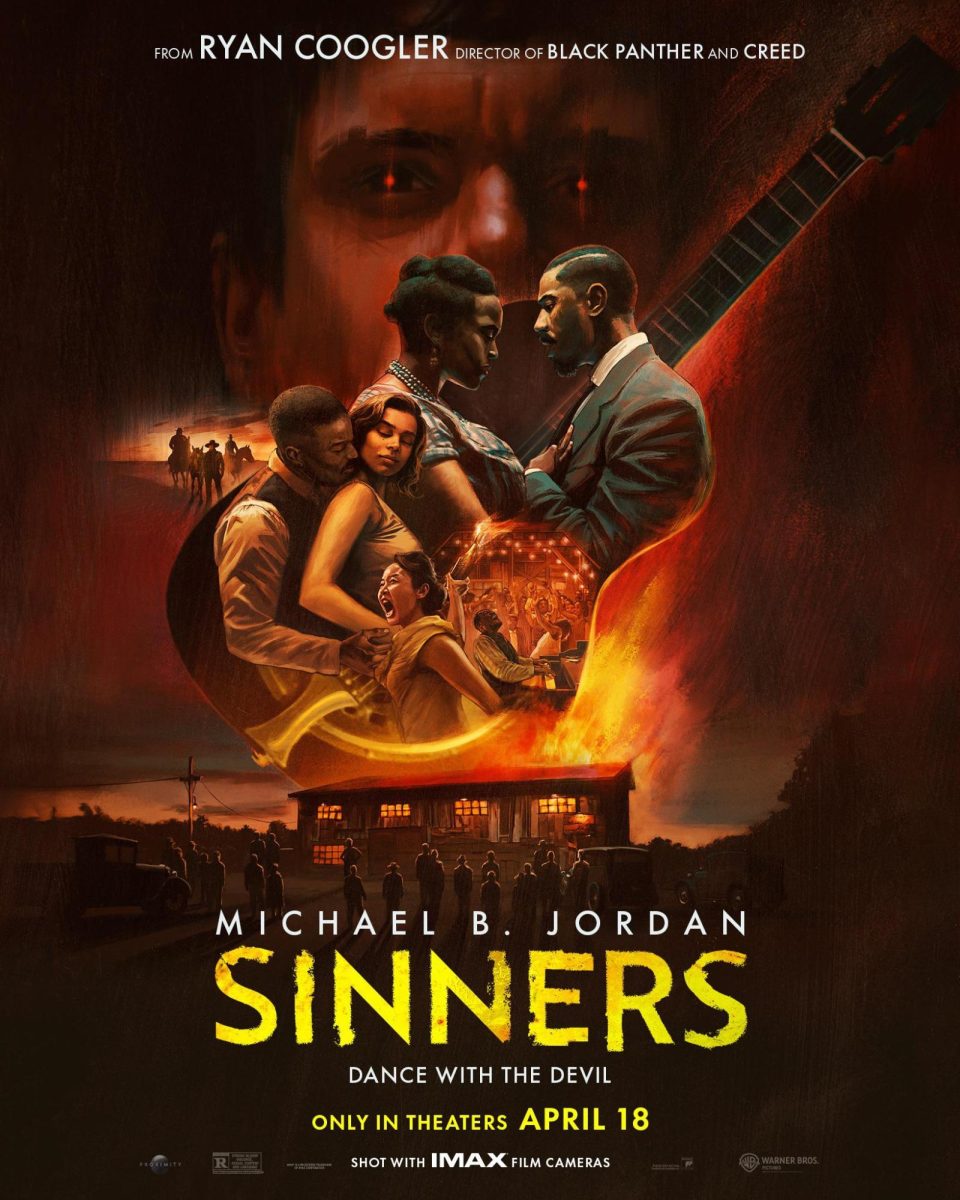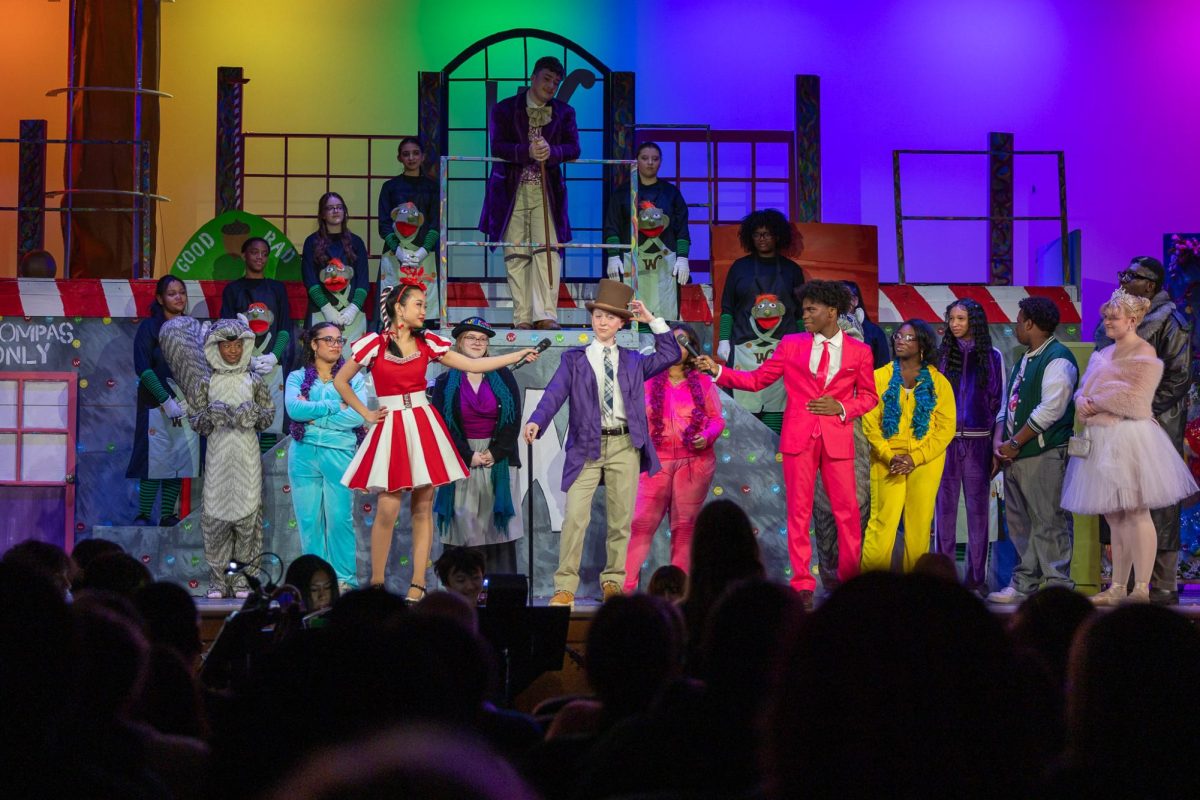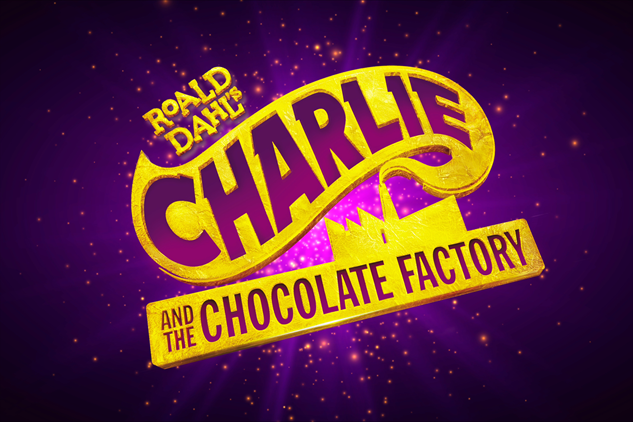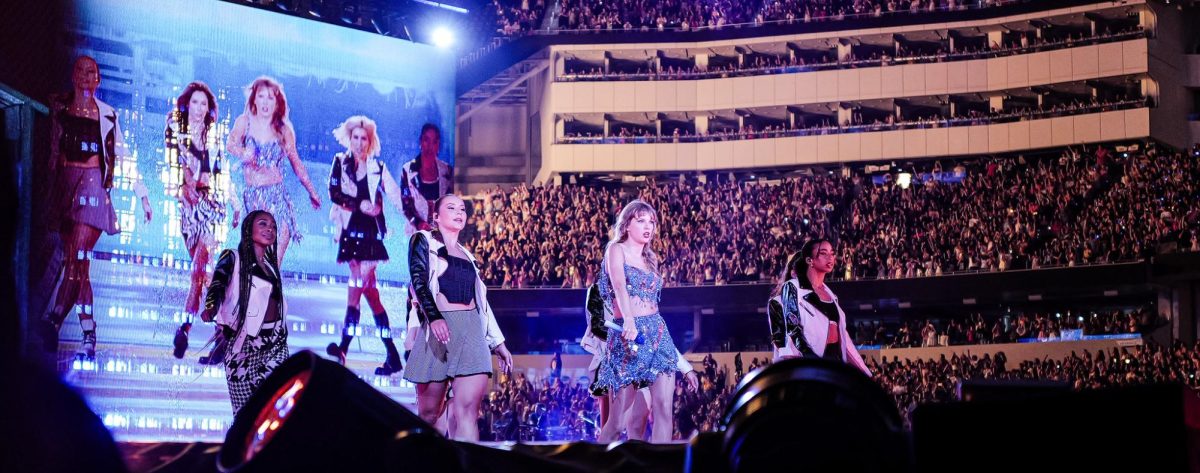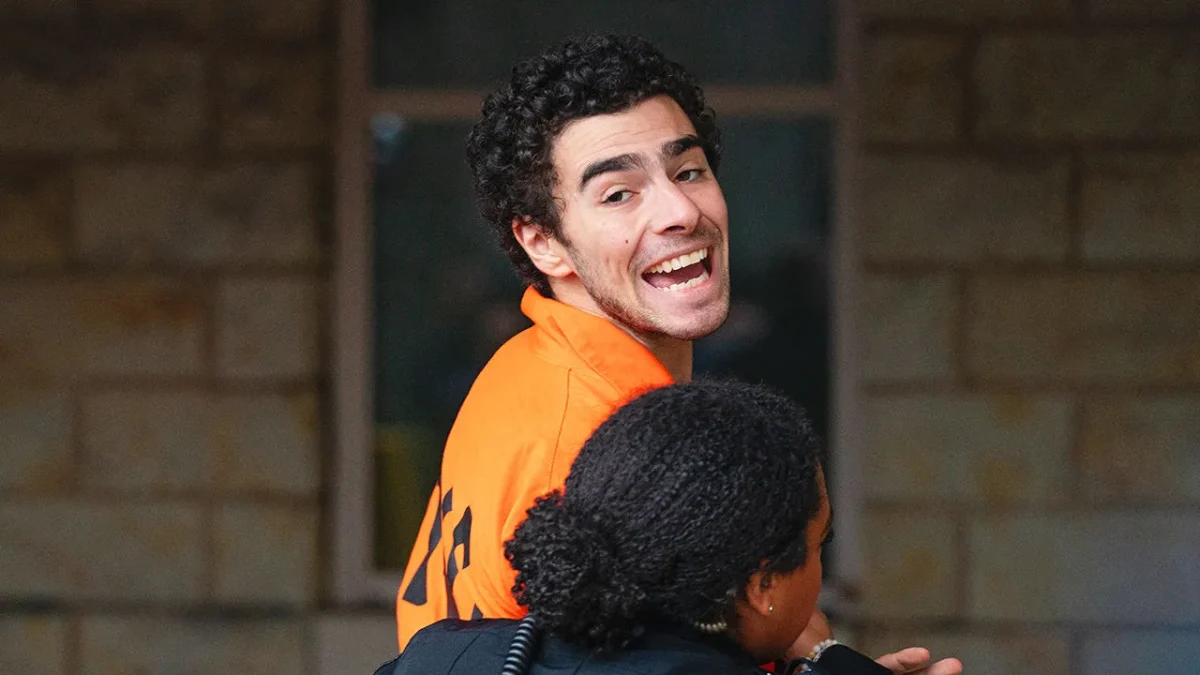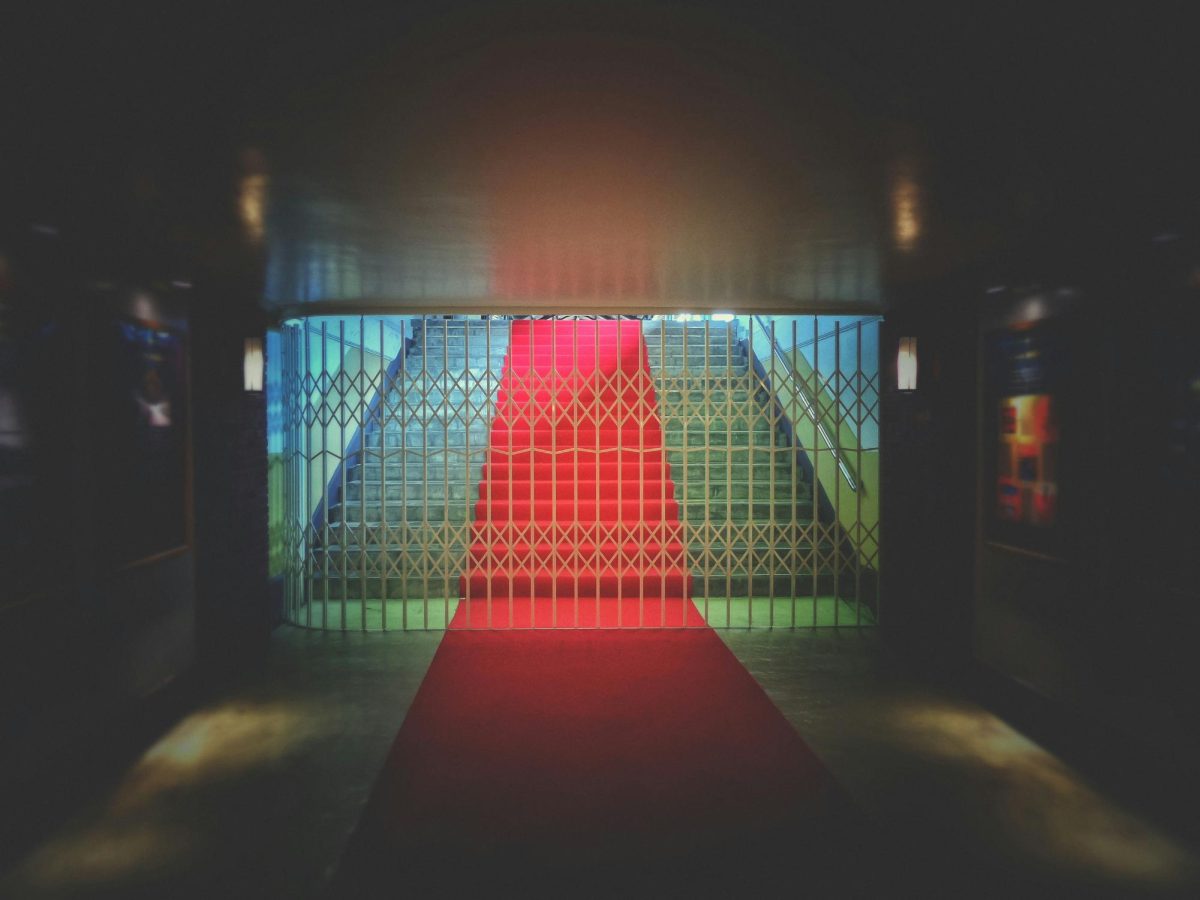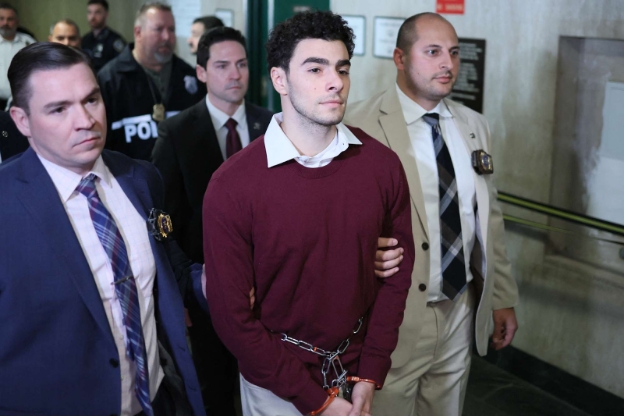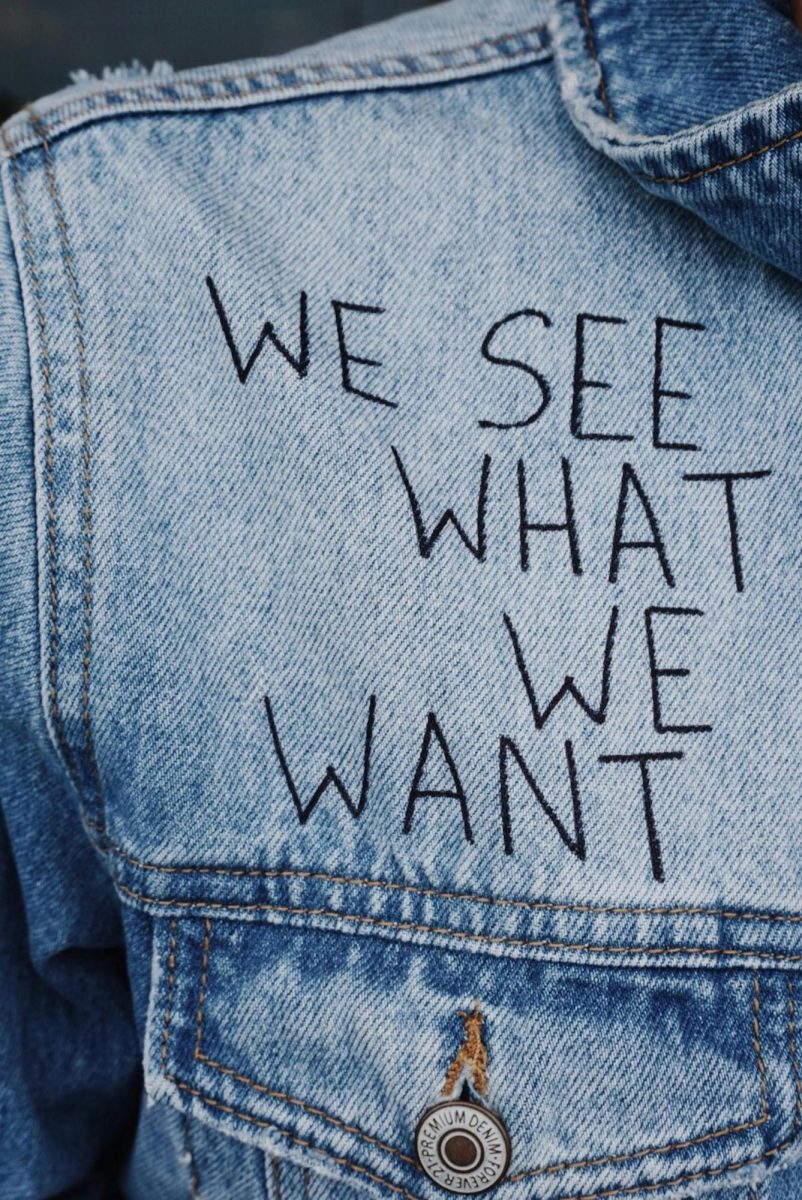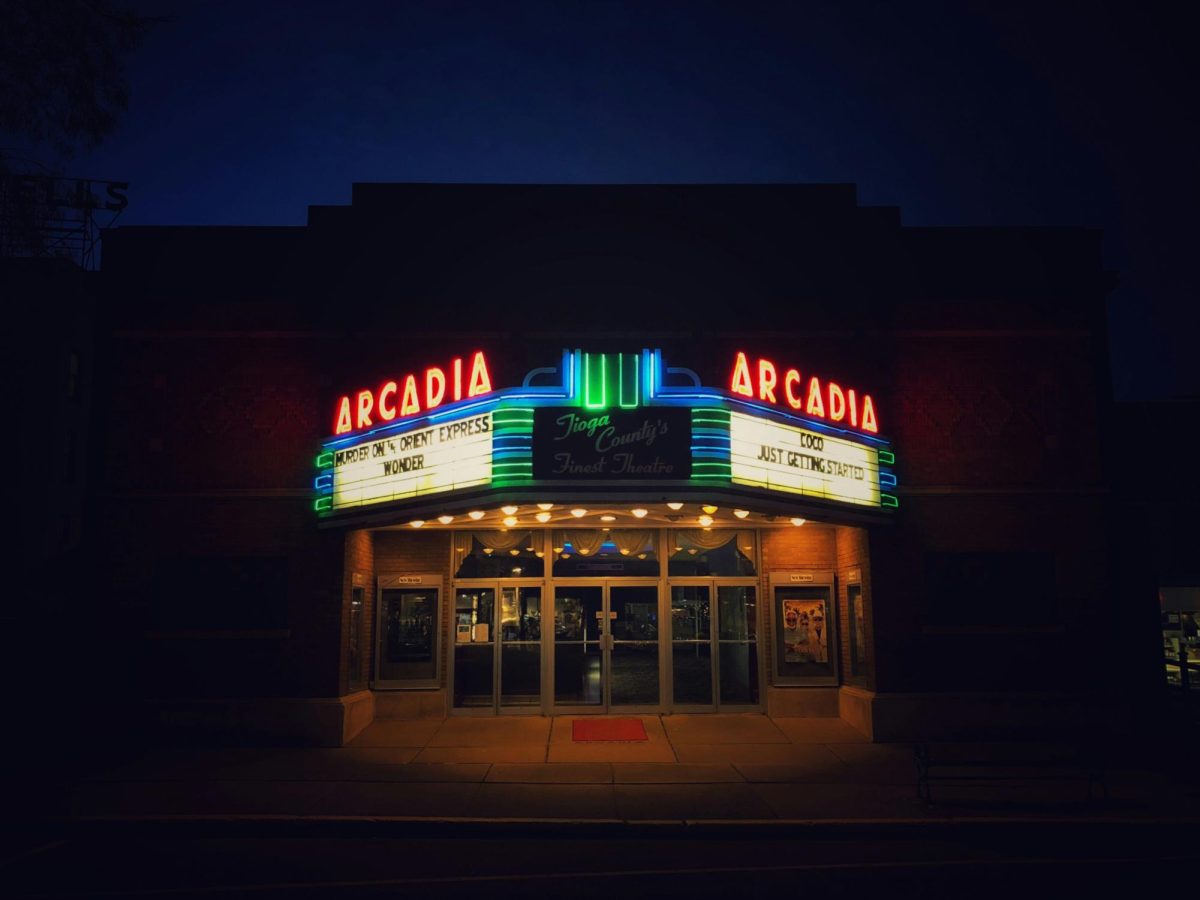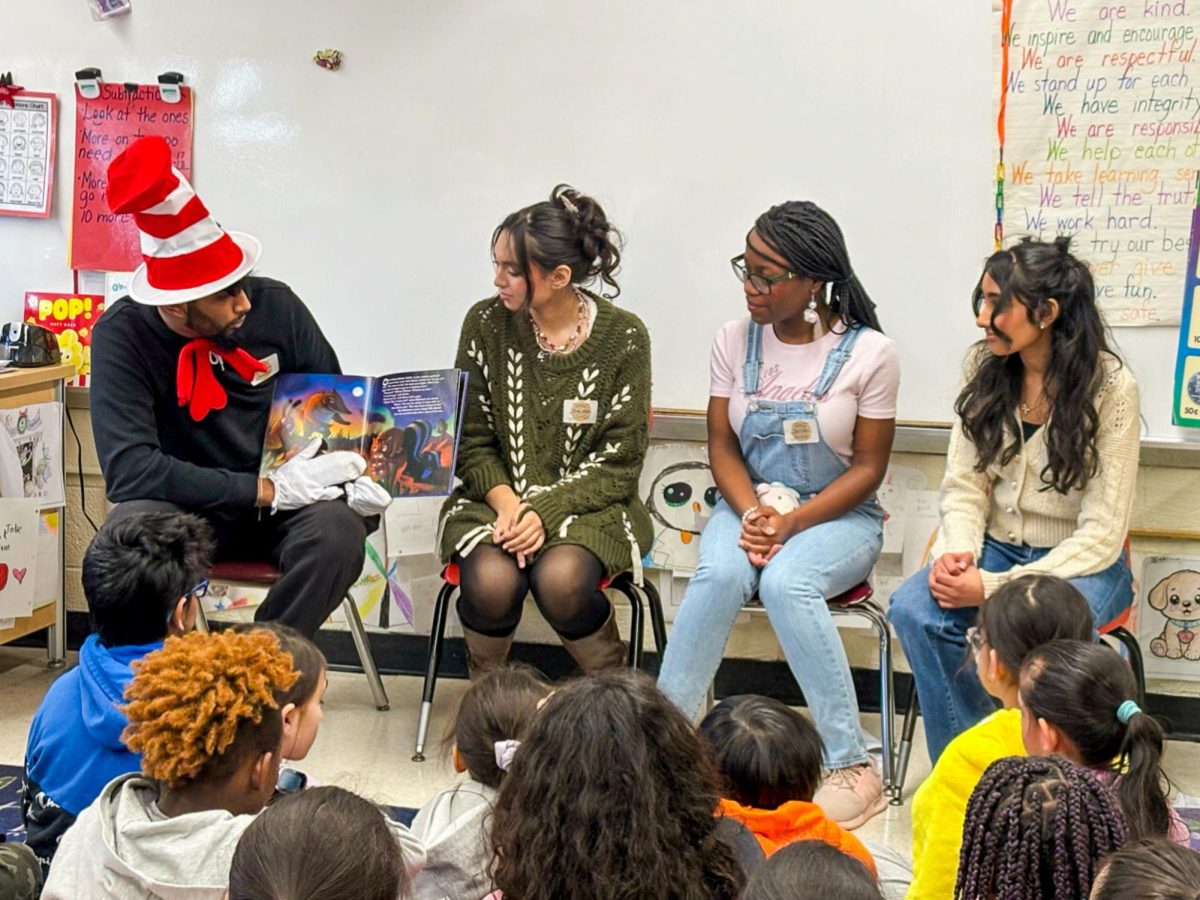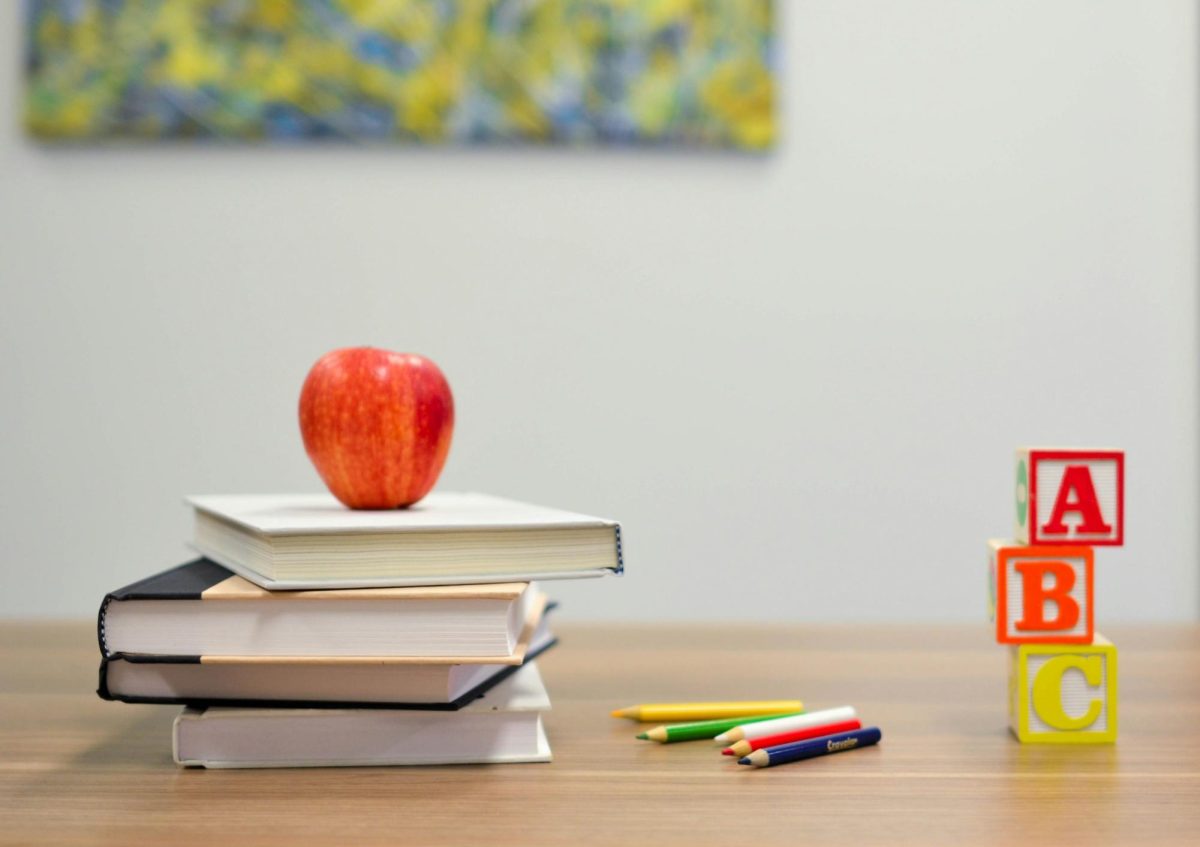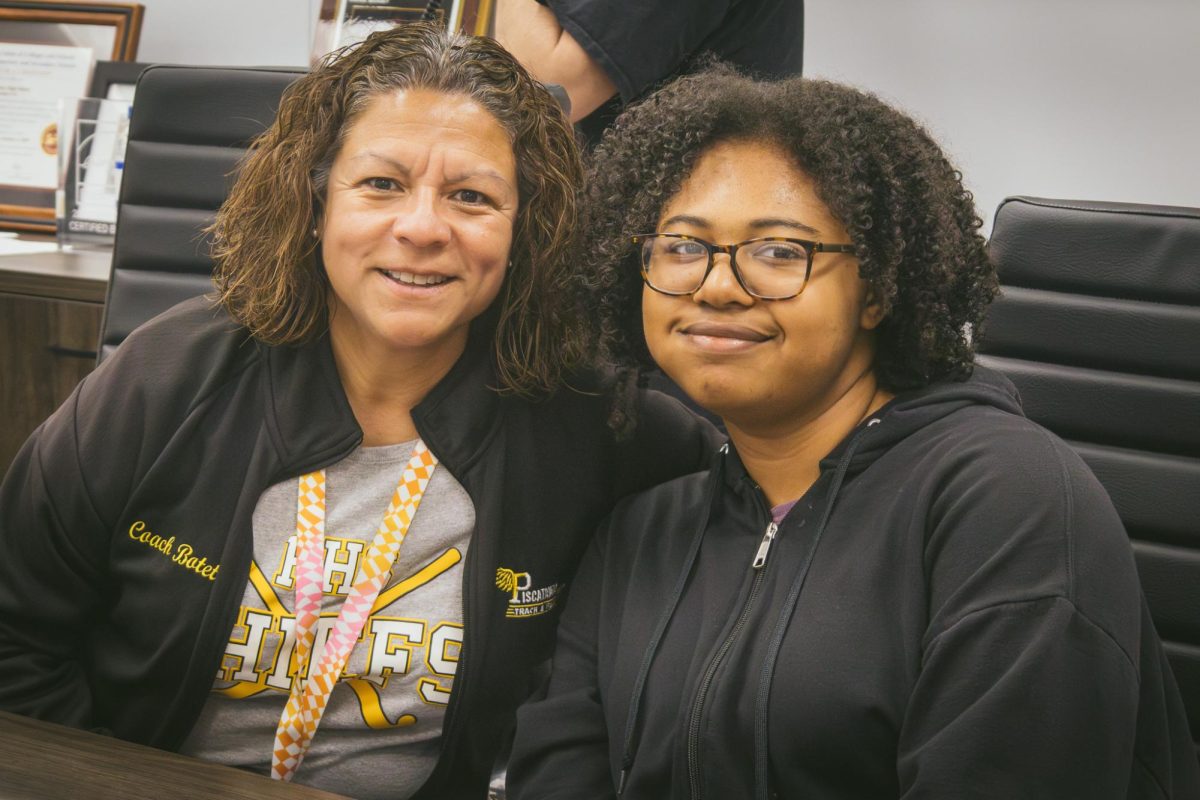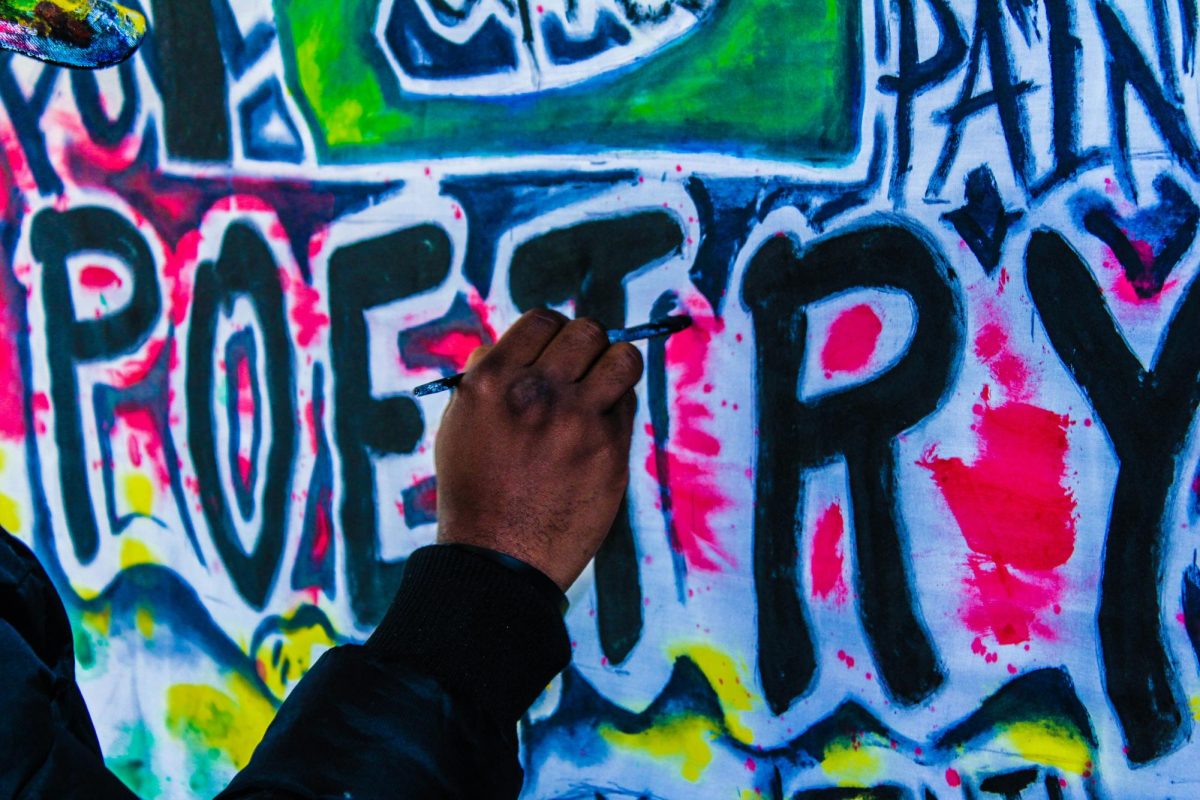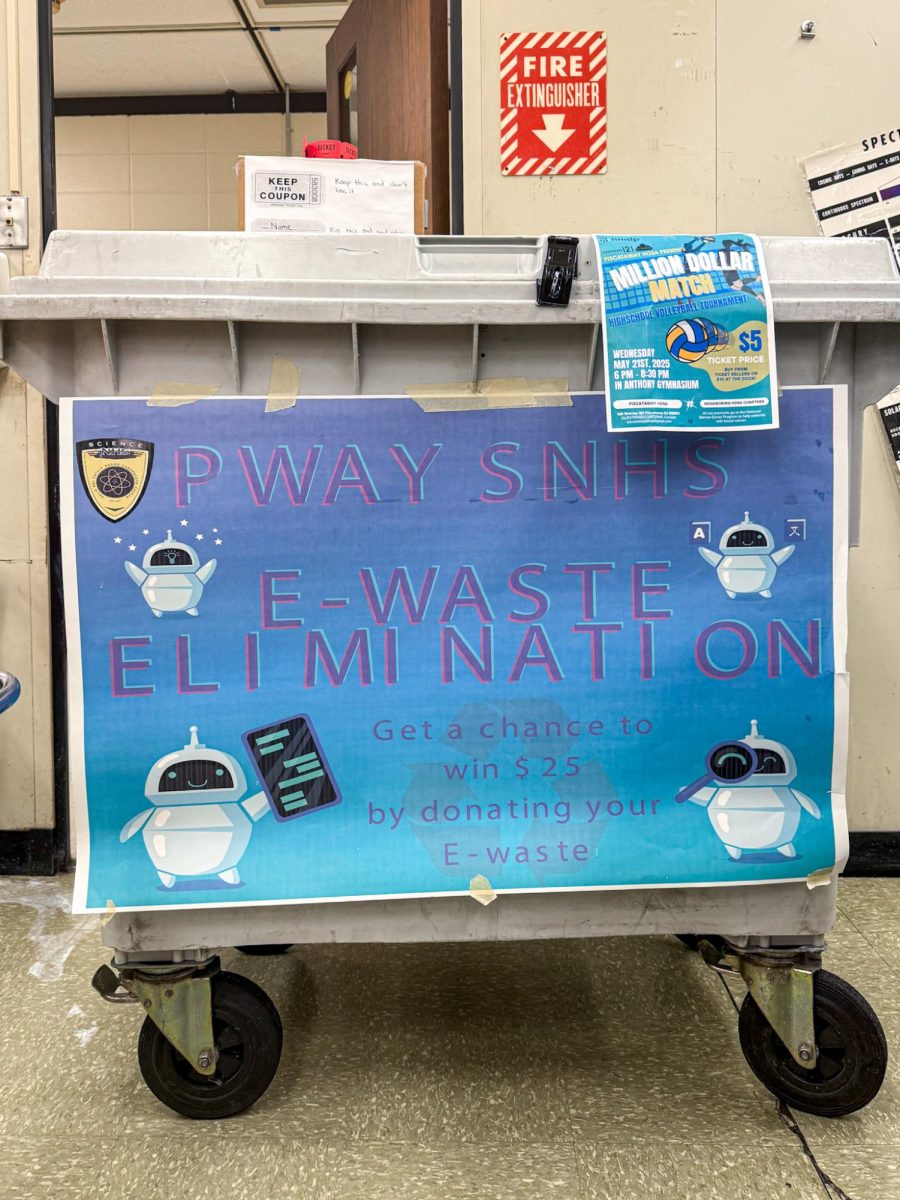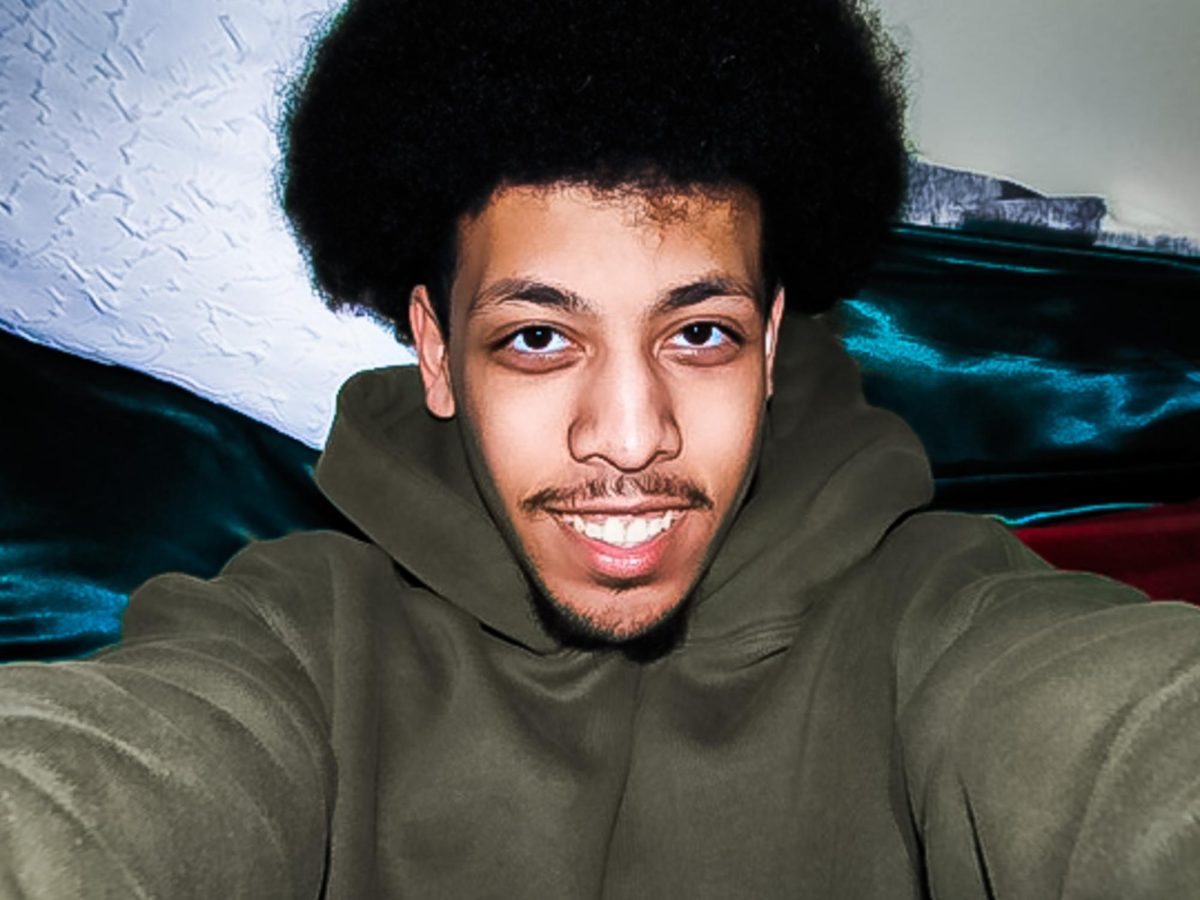The amount of time it takes a musician to create a song could vary. It could take someone hours or days to get down a simple beat, meanwhile an AI could take a couple seconds— minutes at most. A painter takes weeks of mixing to find the right colors— inspiration and mastering techniques— whereas an AI simply takes someone’s brief description of an idea and quickly generates it into an image. What does this mean for creators? Could this new form of AI be a stepping stool for amateur artists or an emerging rivalry for professionals?
Most AI tools that focus on generating music usually perform by letting users customize tracks, giving the options to adjust moods, tempo, and style. Platforms such as Ecrett Music, Soundraw, and Amper Music include these features. Others make it easier for beginner musicians to get familiar with composing in different genres and styles.
The use of AI could be highly supportive, granting people the freedom of experimenting with music and art without having to waste money on music lessons and instruments or time on developing skills and mastering them. However, being able to make something that is usually difficult, now swiftly, with just a click of a button appears to be almost offensive to professionals who really take their time and put in effort into making their work as authentic as possible.
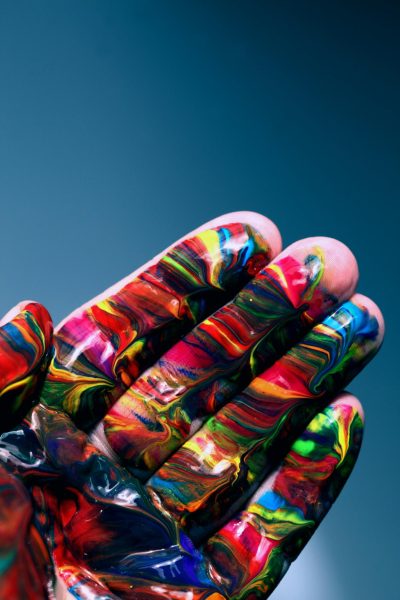
On TikTok, AI is used for nearly everything: The “Text-to-Speech” feature; your “For You Page” aligning to your likings; even most captions added to videos. Professional artists are furious with the use of AI spreading into the actual content we are all watching. The boil seems to be coming more from the art rather than the music community. Claims of AI being used to plagiarize certain art styles and even make “fake speed paints” that were once used to prove that a digital art piece was not plagiarized/traced.
These are all comments TikTok users have left on videos mentioning the use of AI in art, expressing their own opinions on the matter:
- “I want AI to do my laundry and dishes so I can draw, Not for AI to draw so I can do laundry and dishes.”
- “While AI art does look visually pleasing, sometimes it’s just soulless.”
- “Is it bad that I genuinely can’t tell if something is AI anymore? Like I can sometimes but only when it’s obvious…”
Multi-award-winning author and illustrator Harry Woodgate expressed, “These programs [AI generated programs] rely entirely on the pirated intellectual property of countless working artists, photographers, illustrators and other right holders.”, putting many artists’ feelings into words.
Looking over at the music industry, there seems to be a similar judgment. In fact, over 200 artists – containing Katy Perry, Billie Eilish, and even the estates of Bob Marley and Frank Sinatra – signed a letter organized by the Artist Rights Alliance (a nonprofit artist-led education and advocation organization) that initially clarifies the concerns these successful artists have with the increase in the use of AI, stating “…AI poses enormous threats to our ability to protect our identities, our music and our livelihoods.”. This letter was published openly by the ARA on their own website.
“Why have a computer do that special power [create art] that us humans have?” Tyler, the creator countered in an interview with De La Soul’s AOI Radio Station on Apple Music, “…AI will never catch up to me creatively, it’ll only have a reference point of what I already did, not where I’m going, because it’s not me.” The famous artist does not seem to be at all worried about the rise of AI.
At the end of the day, what would be the ‘proper’ use of AI in arts? To utilize it strictly for inspiration and reference like many artists? Or would avoiding it completely be the solution to revival in human creativity like most musicians think it could be? It seems it’s up to amateur creators to decide now.



